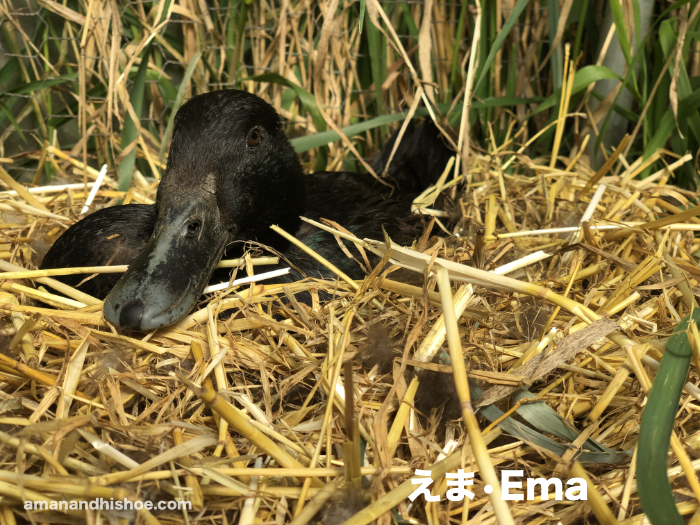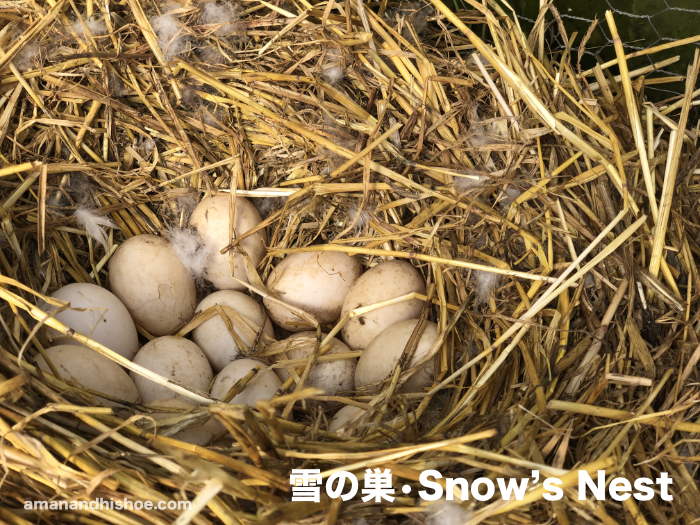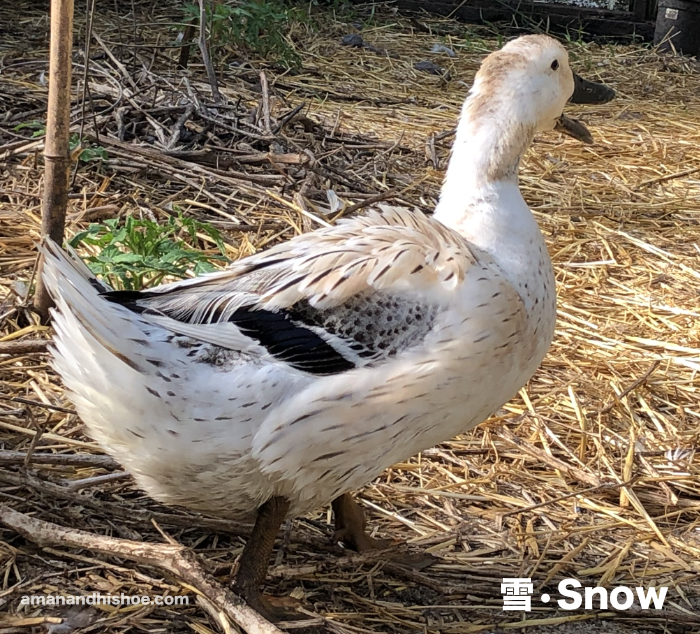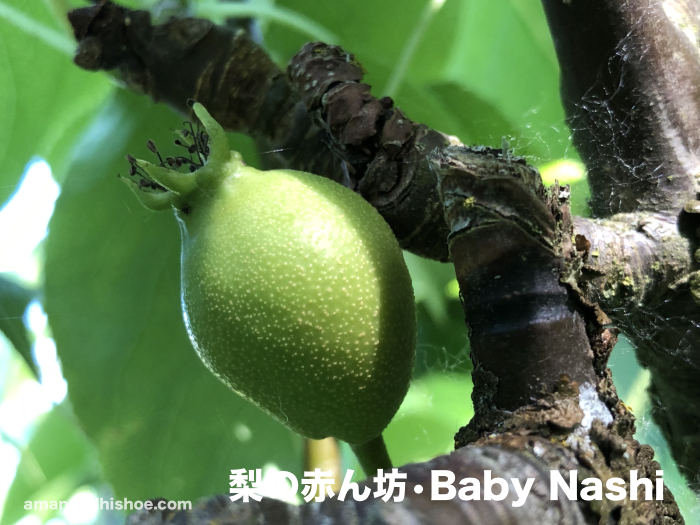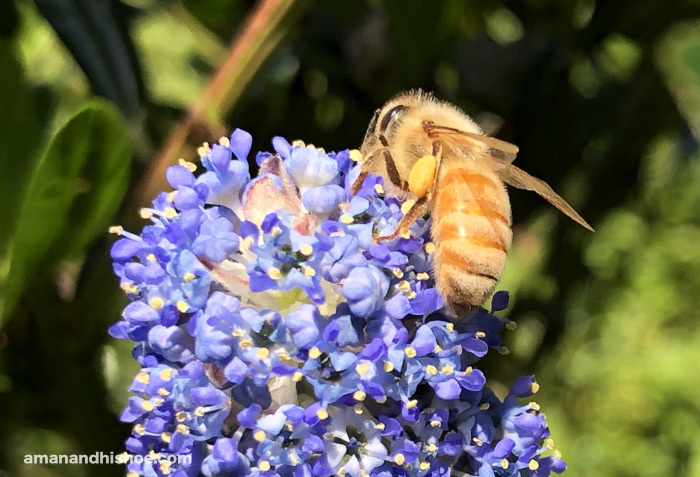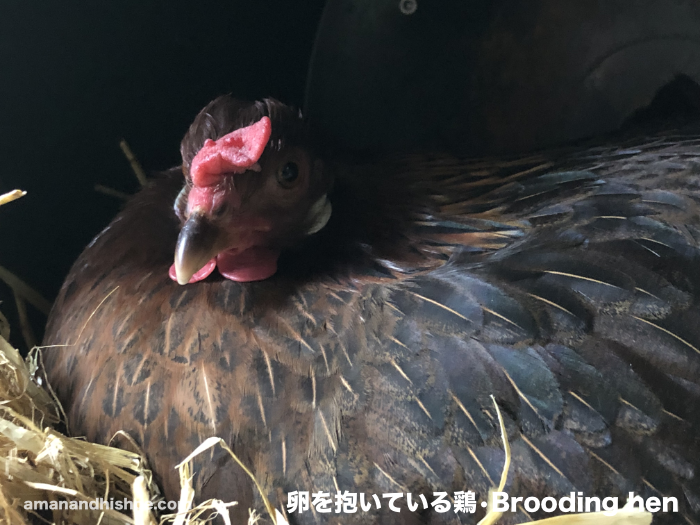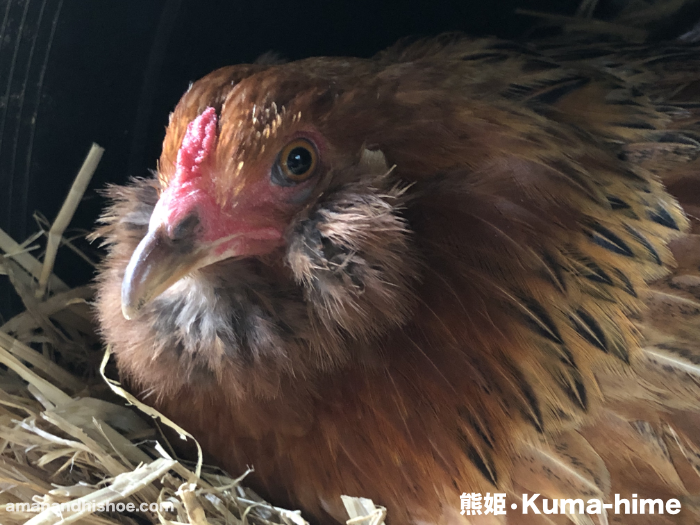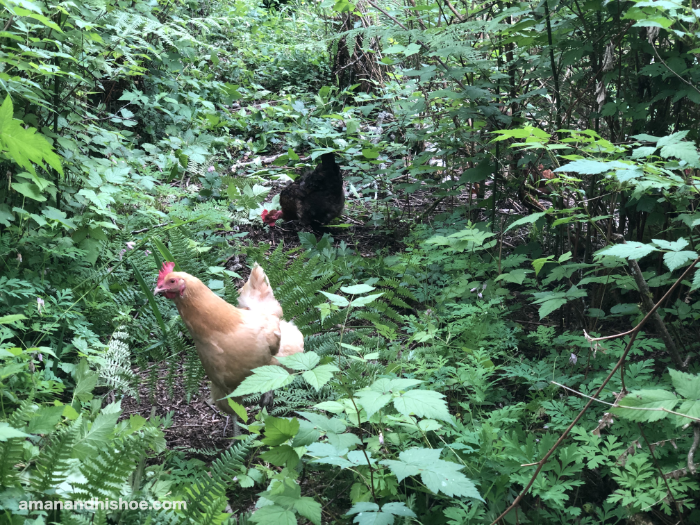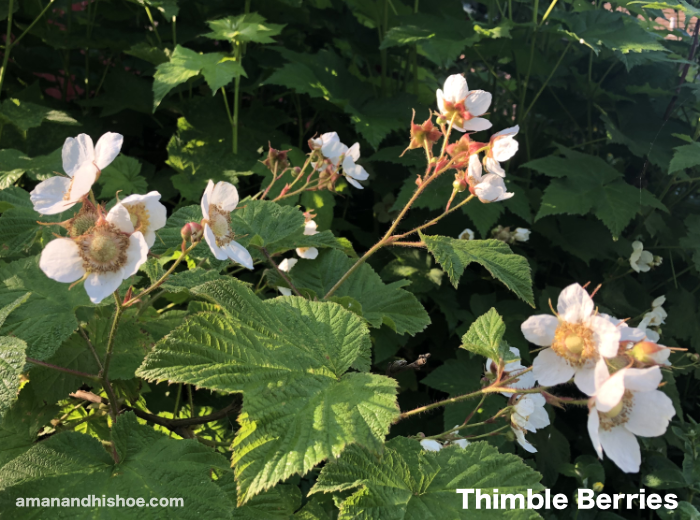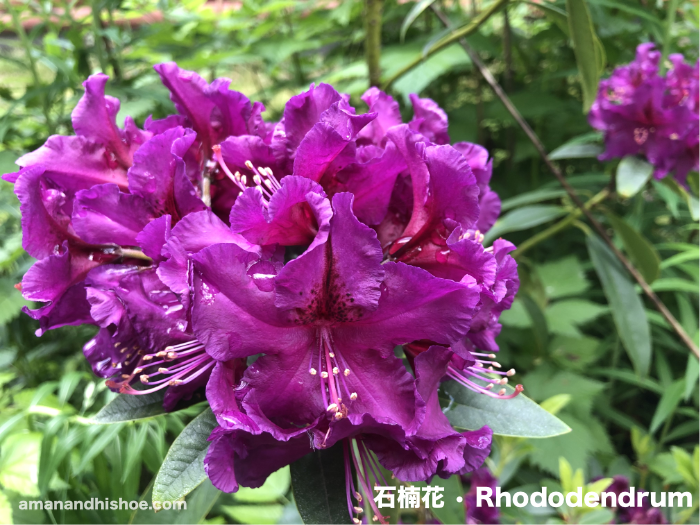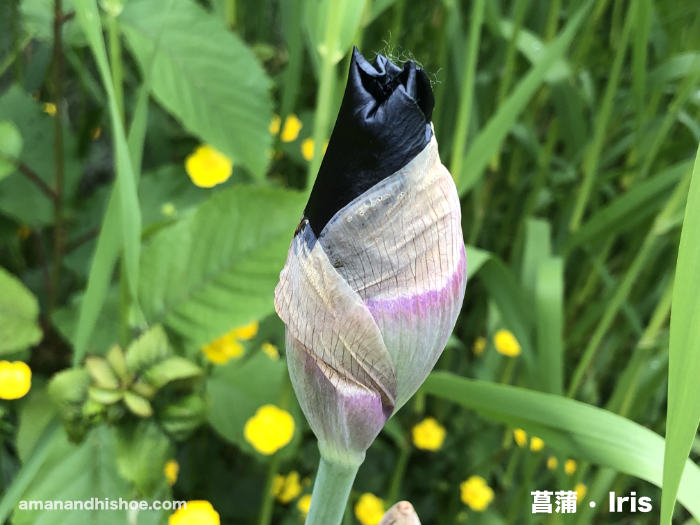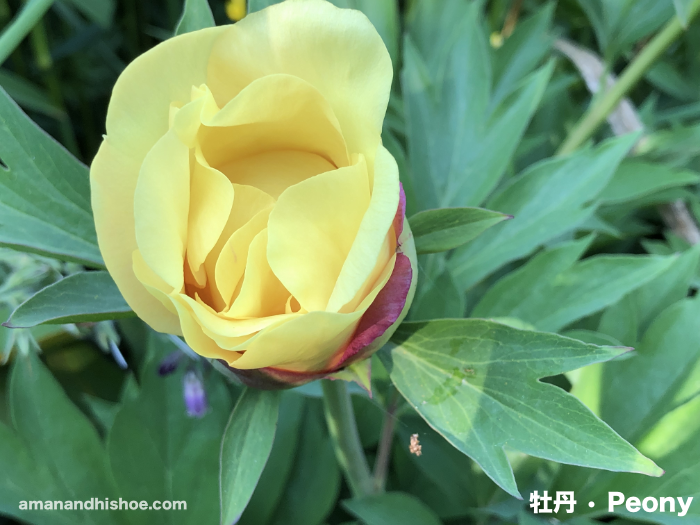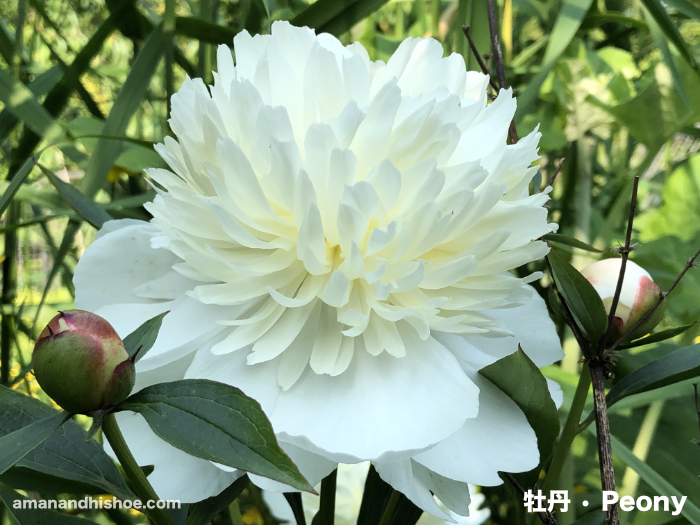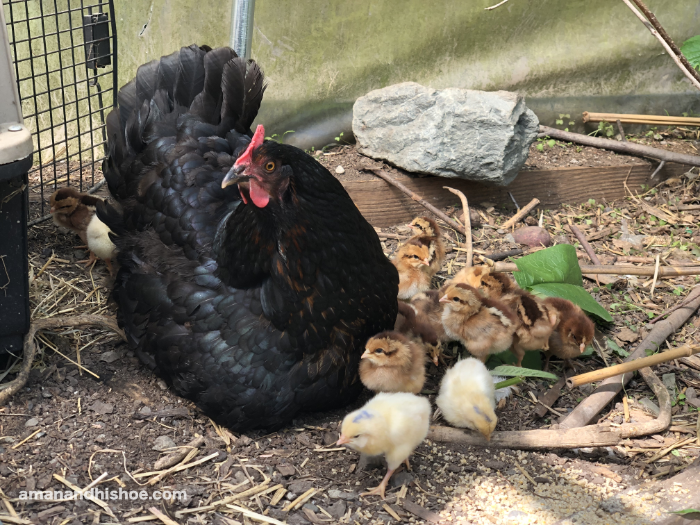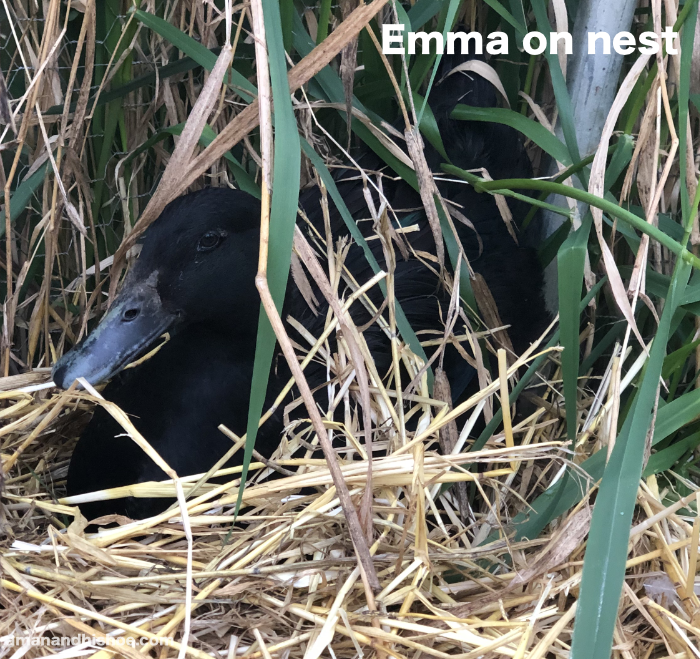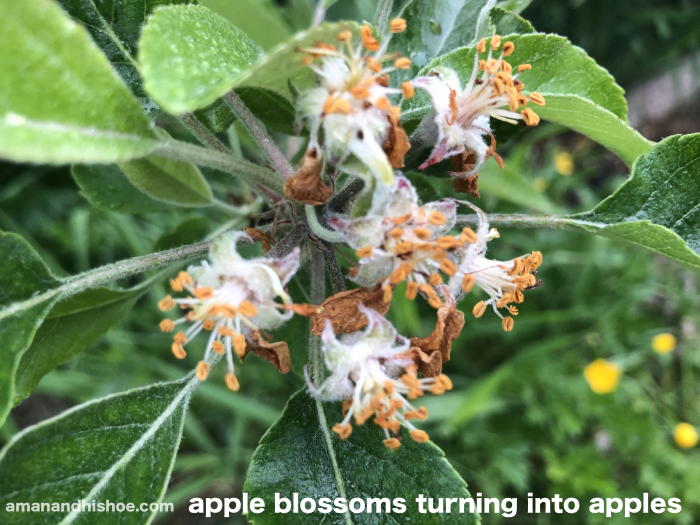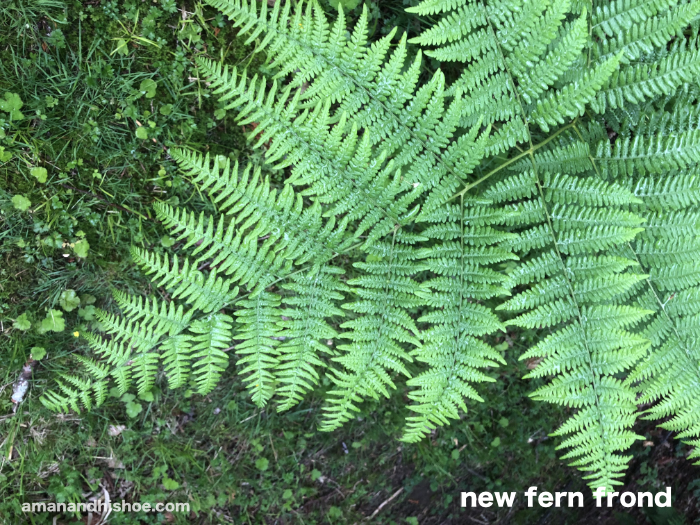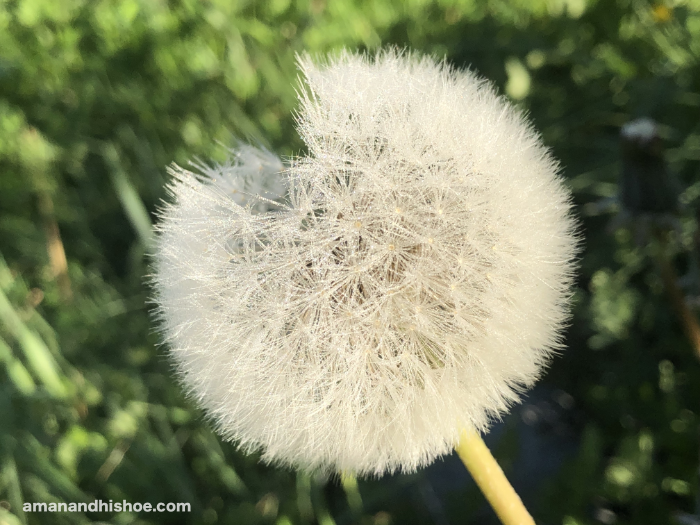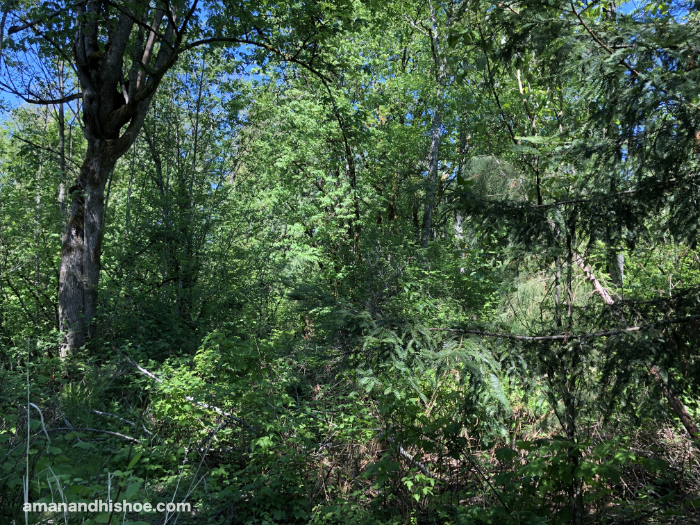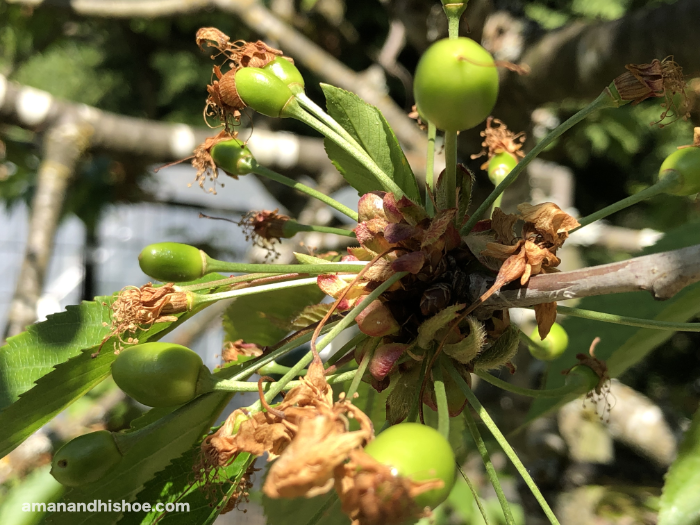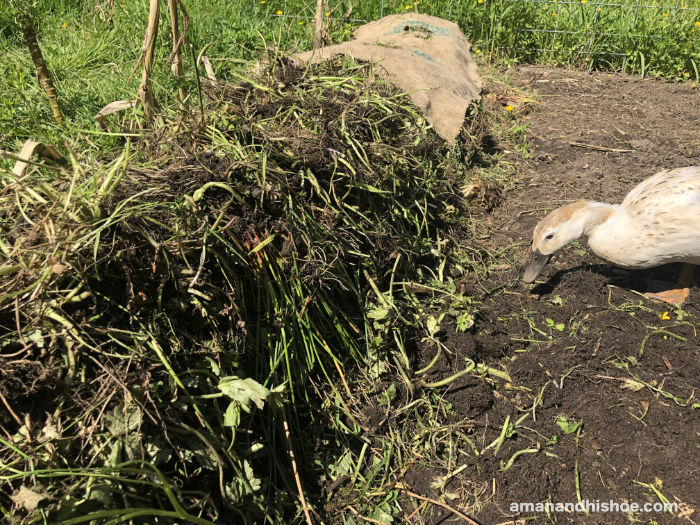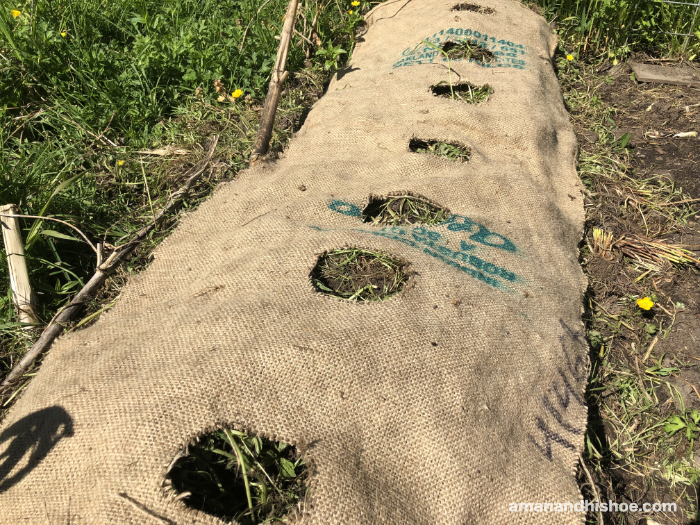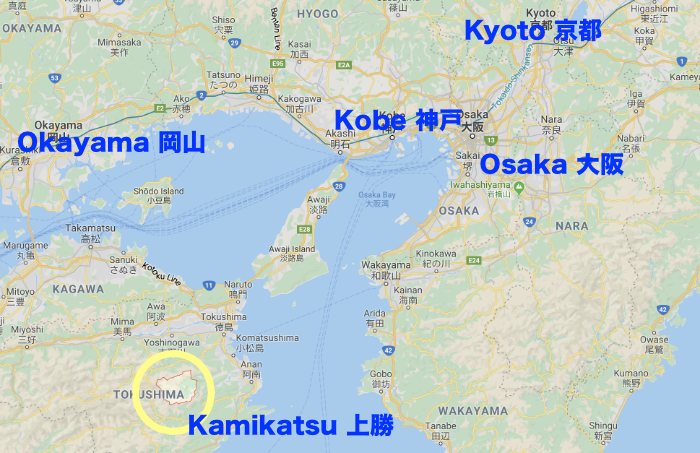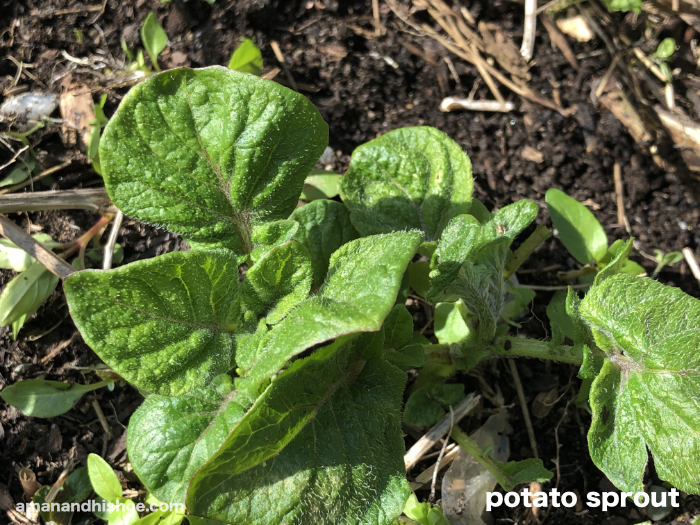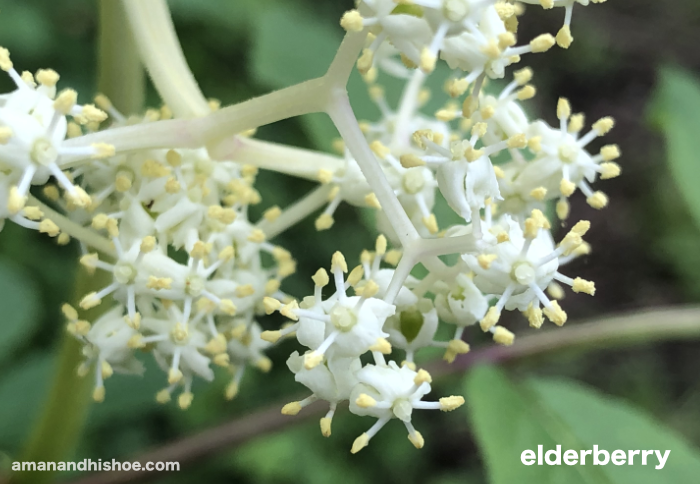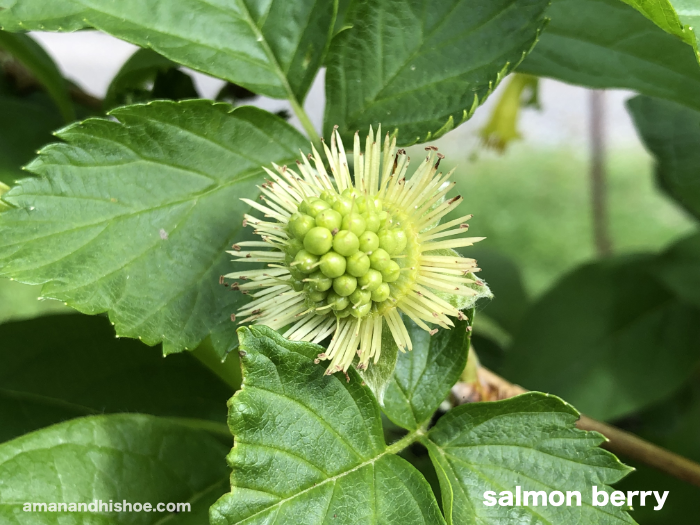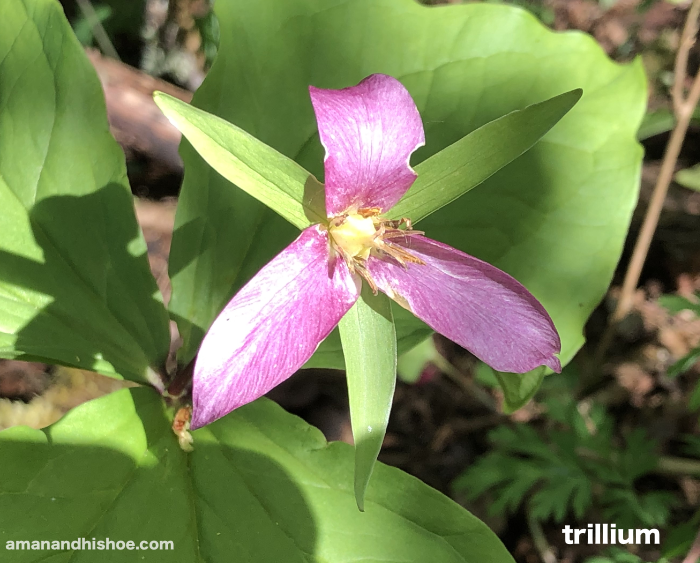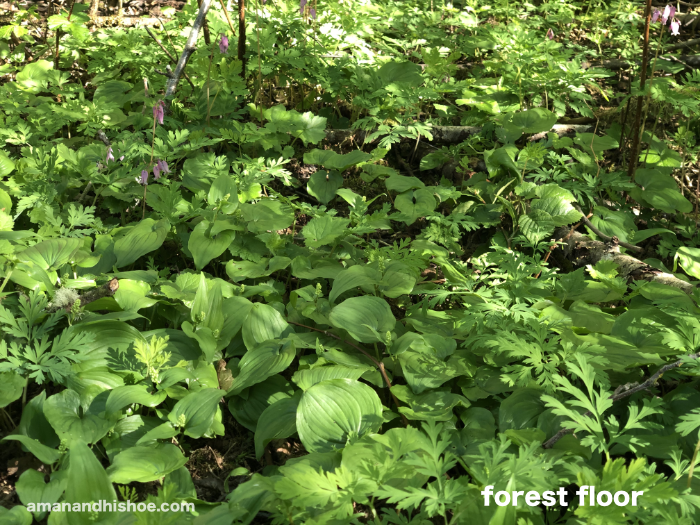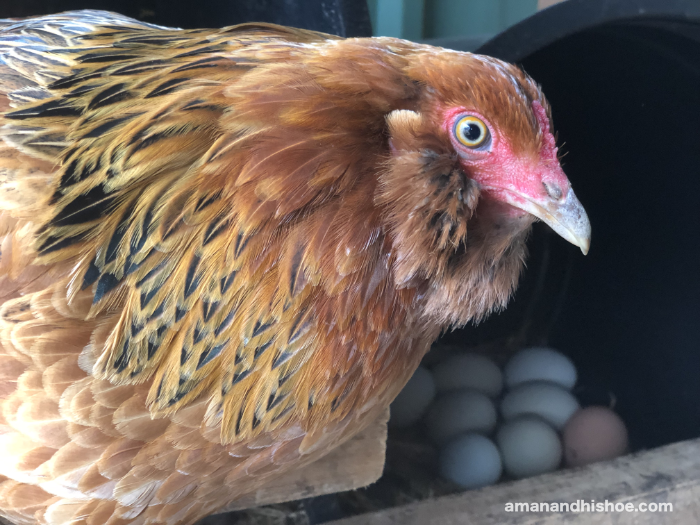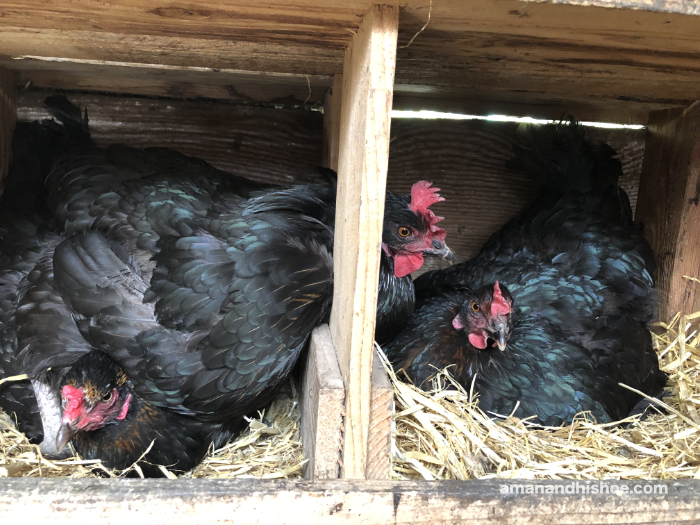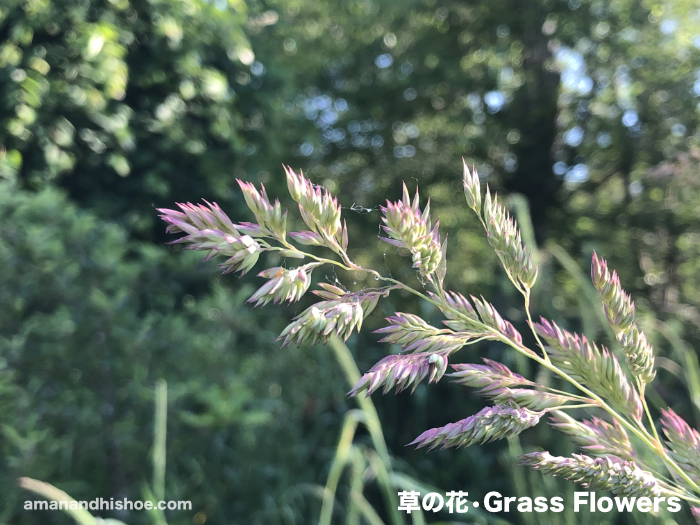
Grass flowers are underrated. Are they even rated at all? Waving in the summer breeze, they are the essence of summer.
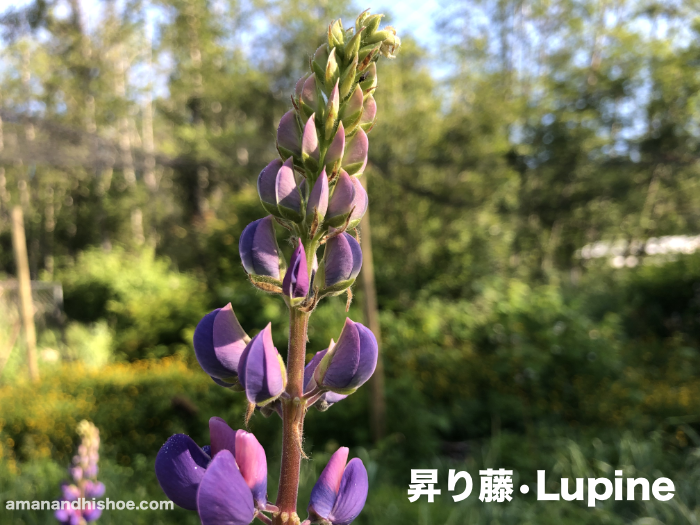
The Japanese name for Lupine is Nobori-Fuji 昇り藤 which means climbing wisteria. The word to climb, noboru, is an interesting word because it can be written three different ways, 上る or 登る or 昇る. All have the meaning of climbing, but with subtle differences.
上る is used when referring to climbing stairs, climbing up a slope, climbing onto a train, and putting things onto a higher place, such as a table.
登る is used when you are climbing onto something with purpose or with a lot of effort, such as climbing a mountain, or getting up onto a rostrum to give a speech, or a platform to give a performance.
昇る is used for things rising high into the sky, such as the sun or smoke, and in the case of the lupine, wisteria climbing into the sky.
One word, three different ways of writing it, and there are many such words in Japanese, which give it a richness when it comes to expressing yourself in writing.
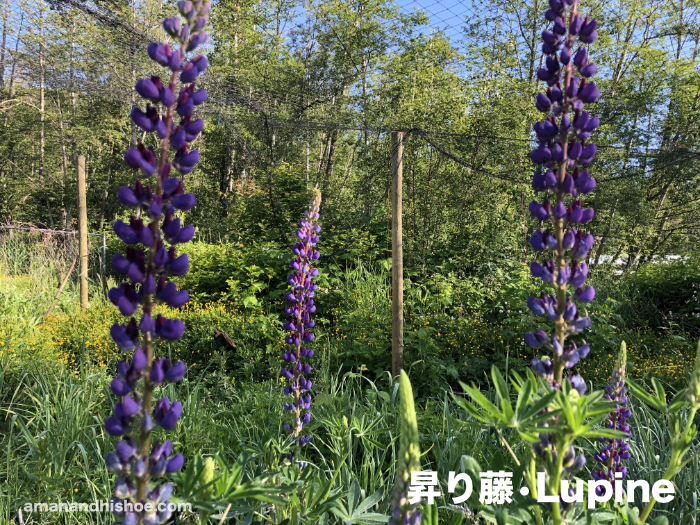
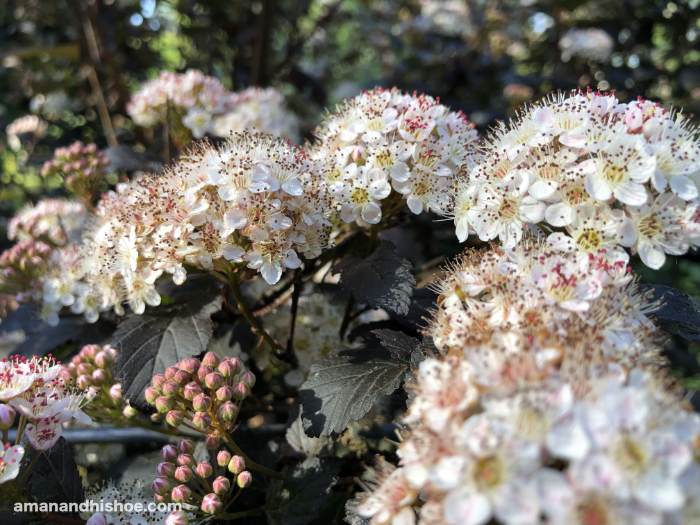
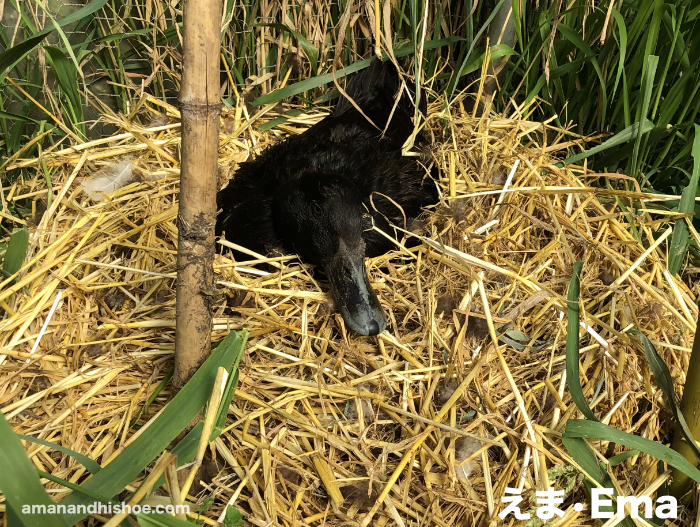
Ema and Snow have gotten serious about incubating their eggs. Ema’s nest is a huge mound. My first experience with brooding ducks, it’s interesting seeing the difference between them and chickens. Chickens don’t build such elaborate nests. They don’t cover their eggs when they leave their nests. They don’t hiss the way ducks do when you approach their nests. Chickens stay quiet, until your hands get too close, and then they draw blood.
